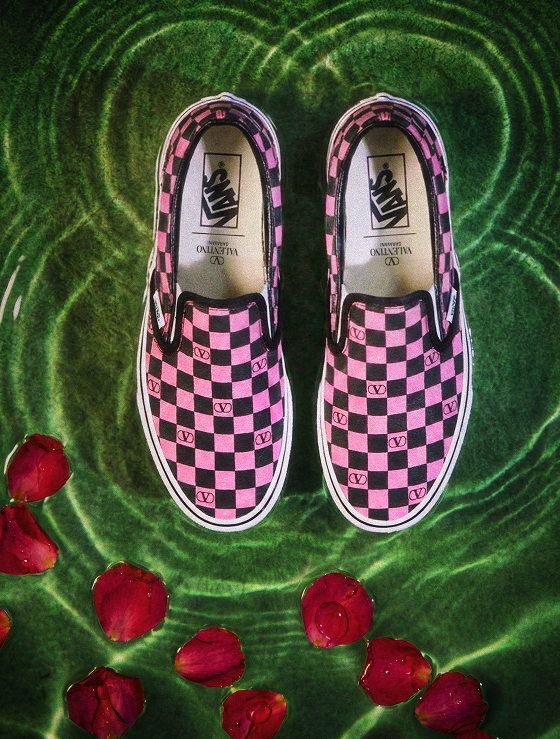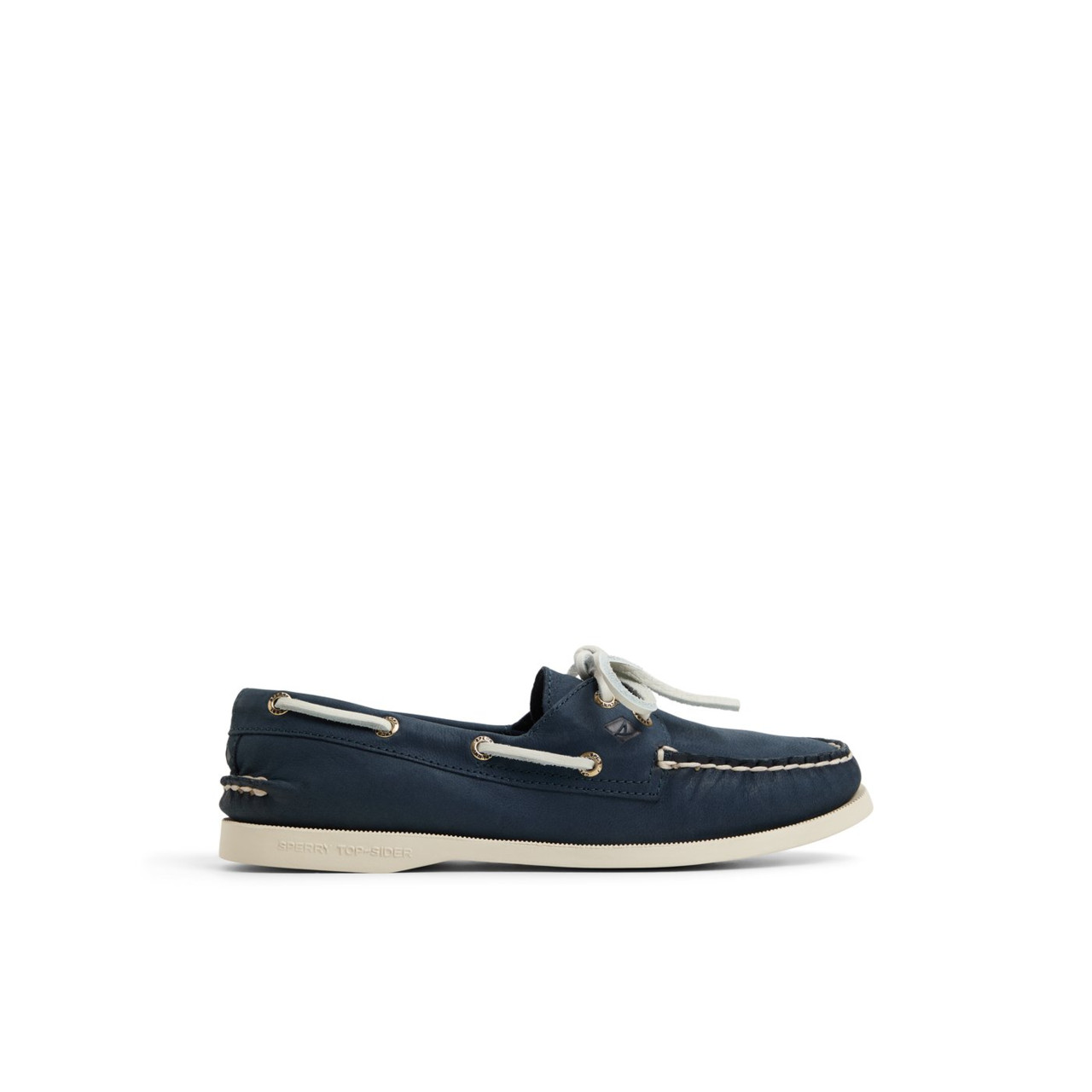
ICF and Pro Well join forces to develop new products and dominate the market
Industrie Chimiche Forestali SPA and Pro Well Limited consider strategic collaboration for the global footwear industry.
Keep reading...
The US company harnesses the positive attributes of surplus algae to create environmentally friendly materials, while simultaneously tackling the problem of harmful algal blooms, helping to harvest harmful algae and returning clean water to the environment.
April 2024

Algix/BLOOM is a US-based company (Meridian, MS) that provides solutions to improve the sustainability of the footwear, automotive and shipbuilding industries. BLOOM’s mission is to use algae to reduce air and water pollution and create thermoplastic compounds that have a lower environmental impact without compromising performance.
Indeed, algae that grow in excess in rivers, lakes and seas, once removed, are usually incinerated, releasing CO2 into the air, or end up in landfills, where they macerate and release methane. BLOOM has succeeded in incorporating them into soles or other foams and materials (EVA, TR, TPE, rubber) by mixing them with different polymers. In this case, the CO2 is encapsulated by the algae and no longer released into the environment, and starting with 30% BLOOM inserted into the sole, one can achieve carbon neutrality.
Why algae and not other products? “Because algae are among the largest absorbers of CO2 and emit oxygen through photosynthesis. In addition, seaweed does not act as a filler – with a consequent increase in hardness and loss of performance – but gives functionality to the sole itself,’ says Stefano Ciarpella, Account Manager Italy.
BLOOM® Sustainable Materials currently collaborates with more than 150 well-known brands worldwide and is spreading very rapidly in the market, helping the footwear industry to replace fossil fuel-based materials – present in various parts of footwear (e.g. insoles, midsoles, soles) – with algae.
The BLOOM system is able to work with the existing supply chain and does not require changes to the production process or any other assets (e.g. moulds). Everything is organised to facilitate the use of BLOOM’s sustainable material within already operational processes, providing companies and brands with technical support if needed in all factories in Europe, Asia and the USA.
BLOOM was recently admitted to the UN Decade on Ecosystem Restoration programme (www.decadeonrestoration.org): a project open to private sector entities – profit and non-profit – that actively develop environmental restoration programmes. BLOOM’s activity perfectly reflects the principles of this programme, helping to restore ecosystems by collecting algae that proliferate in excess due to the eutrophication of waters (a problem increasingly covered by the media) and using them to replace part of the fossil-based materials.
“Becoming part of this project required us to go through an evaluation process through which we had to prove that we were actually carrying out environmental remediation. We can now say that we produce probably the only footwear material that actively contributes to environmental remediation,’ Ciarpella proudly concludes.

Industrie Chimiche Forestali SPA and Pro Well Limited consider strategic collaboration for the global footwear industry.
Keep reading...
Following the success of the first collaboration launched in September 2025, Maison Valentino presents sneakers designed by creative director Alessandro Michele.
Keep reading...
From the sea to the road, always with an unmistakable and timeless style.
Keep reading...You must login to read this free content
This content requires a subscription to view. Are you already a subscriber? Sign in